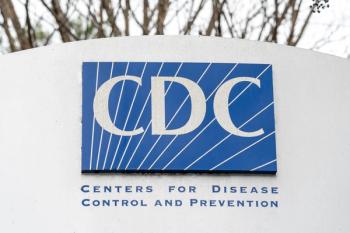
FDA warns against bone graft substitutes in kids
Doctors should not use bone graft substitutes containing recombinant proteins or synthetic peptides routinely in children aged younger than 18 years because such off-label use can result in serious injury, a safety communication from the US Food and Drug Administration (FDA) warns.
Doctors shouldn’t use
The substitute materials, which mimic natural substances that promote
The FDA has received reports of serious injuries-including excess bone growth, fluid accumulation, inhibited bone healing, and swelling-in both adults and children treated with the bone graft substitutes. Such injuries are more dangerous to children than adults because of their smaller size and still-growing bones. Vital organs and tissues are closer together in smaller bodies and therefore at greater risk of severe damage from excess bone growth and fluid accumulation. Bone graft substitutes could also affect normal bone formation and growth, impairing
While the FDA recognizes that treatment options may be limited for children and adolescents who have significant bone defects or rare bone disorders, it urges physicians to consider alternative treatments that are better understood in patients aged younger than 18 years before implanting bone graft substitutes. Such treatments include
Doctors using bone graft substitutes that contain recombinant proteins or synthetic peptides should monitor patients closely for adverse events and report such events to the FDA.
To get weekly clinical advice for today's pediatrician,
Newsletter
Access practical, evidence-based guidance to support better care for our youngest patients. Join our email list for the latest clinical updates.








